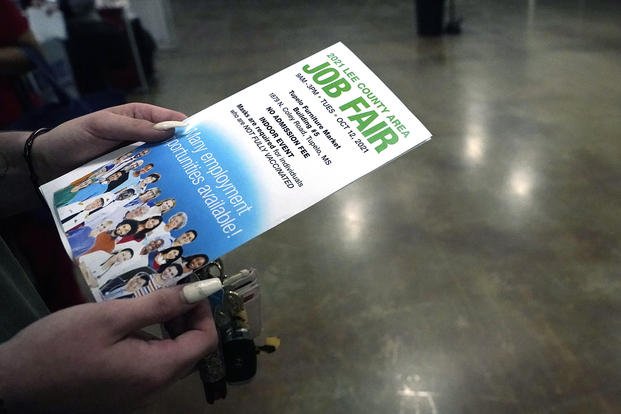When you're unemployed, unhappily employed or eager to change careers, jumping at the first offer you get -- even if it isn't quite what you want -- can be tempting. So should you?
While an offer can give you a sense of security, that feeling can quickly vanish if the position just isn't right for you and you find yourself looking for another job quickly. Besides giving the impression that you're a job hopper, a poor career decision like this can also undermine your self-confidence and derail your career progress.
That's why you should think deeply about whether you should accept that first offer or hold out for something better. This guide will help you through the decision-making process.
Weigh the Options
Before deciding, follow these four steps to get a clearer picture of your situation:
- Examine Your Motivations: Why are you changing jobs or careers? Define what you're moving away from and/or moving toward. Clarify what you want more of and less of in your career.
- Define Your Target Job: What characteristics must it have? Which ones would it be merely nice to have? How will your life be different if you have this kind of job? How important is that difference to you?
- Weigh the Offer Against Your Criteria and Situation: How does the offer stack up to what you've defined as important? How much financial pressure are you under to accept it? How realistic is your goal? Have you done or are you doing the right things to achieve it?
- Analyze the Opportunity on Its Own Merits: Do you want to work for the organization? Can you succeed in the job? Do the team and company culture seem like a good fit?
Take the Offer?
The above questions can help you assess your situation, but there's no magic formula to arrive at a decision. However, I can offer solid recommendations.
Consider taking the offer when:
- Family and/or financial circumstances require it, and you see few immediate alternatives.
- You suspect you haven't invested enough bold, substantial action in your job search.
- You can get something out of the experience, and the offer gives you more than you currently have and/or moves you closer to your goals.
- You're confident you can succeed, and the opportunity is in a promising new field or company, or it puts you in the orbit of well-connected people.
Consider rejecting the offer when:
- You have the financial means to hang on a little longer.
- You're confident in your job search plan and can honestly say it's just a matter of time before you land your target job.
- The offer requires you to do a job or work in an environment that could potentially take a toll on you emotionally, physically or financially.
- You sense a bad fit with the job, the people or your values. If you ignore this feeling, you drastically increase the likelihood that you'll be unhappy and looking for work again soon.
Still a Toss-Up?
Even after going through this analysis, you may wind up with no clear-cut answer. If that's the case, look first for any dealbreakers or potential wins. Is there some aspect of the job you won't be able to live with for long, such as working in an environment that causes physical and/or emotional stress or performing tasks you dread? Is there something about the job too good to pass up, like working for a rising company?
You can ask others for insight, but ultimately, listen to your gut. While there still may be no absolute right answer, whatever you decide, move forward purposefully, accepting the bad with the good.
Working with my clients, I define a successful career transition as getting closer to what's right for you. If the opportunity moves you closer to your goals and values, then accepting it won't be a bad move. But before making such an important decision, take the time to honestly evaluate that first offer and how it fits with your career plan.
Ian Christie founded BoldCareer.com to help individuals build bold, fulfilling careers and help organizations attract, develop and retain talent. A career coach, consultant, three-time entrepreneur, former senior director at Monster and former retained executive search consultant, Christie is an expert in the fields of careers and recruitment.
Want to Know More About the Military?
Be sure to get the latest news about the U.S. military, as well as critical info about how to join and all the benefits of service. Subscribe to Military.com and receive customized updates delivered straight to your inbox.











